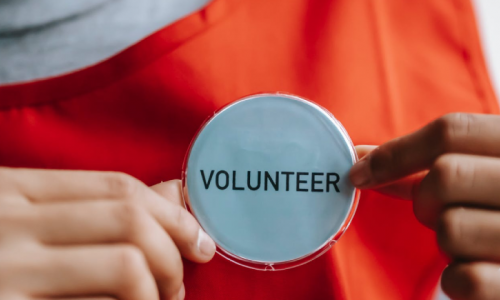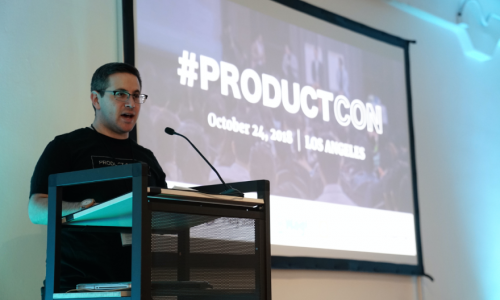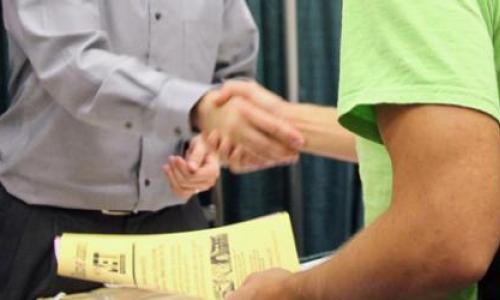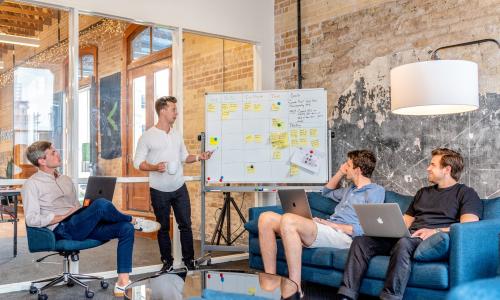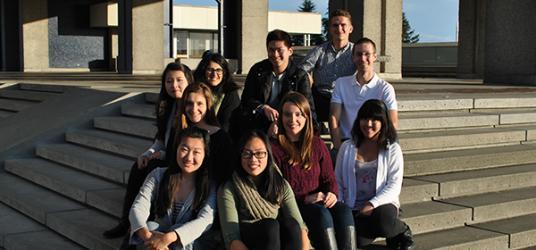
The Engagement Peer Program is part of SFU's Peer Education program, which is a vibrant volunteer initiative that provides support to the SFU student community through peer-to-peer service, while fostering the personal and professional development of student volunteers.
In my previous post, I shared the thoughts from Career Peer Educator Divisional Supervisor. In this article, I am happy to share another interview I had with Albert Fung - the Volunteer Services Coordinator to share his thoughts about the program and Engagement Peers.
Q: Why do you think students should apply to be an Engagement Peer Educator?
“The nature and the purpose of the Engagement Peers are to support students in being more engaged and connected with the SFU community. Honestly, when you share information with other people, you are impacted by the message first, which means you will get the most out of the process as the person who shares. So the students will really learn what it means to be an engaging student. Research has shown that students who are engaged beyond their classes tend to do well academically at the same time. Not to mention, having this kind of volunteer experience also gets them thinking about their career. As an Engagement Peer, before supporting other students, they will first get formal training; so they are the people who get the most.
Secondly, it also fits SFU’s slogan - Engage the world. The engagement peers are the forefront that. Not only they are engaging, but also they are encouraging other students to engage. They are playing a big role in creating a healthy campus in that way. Because when students are more engaged – when they connect to the community, it helps their mental health. In return, they are doing better academically. Although we tend to think doing nothing but studying will bring us a better grade, but the reality is not like that. Life is more than a good grade. This volunteer experience will make a big impact on the student population and help students who do not know where to start, who just need a little bit of encouragement and support to get them going.”
Q: What do you think students will get the most out of the Engagement Peer Educator Program?
“We take pride in our training, which means they will get the best training we can provide. First of all, because they do a lot of one-on-one consultations, we will teach them the idea of appreciative advising. They will also be trained to get through a lot of resources in terms of how to find volunteer opportunities. Additionally, they will learn how to listen and support. When doing one-on-one consultations, it is more than just guiding students to the right place based on their interests. The more important thing is to teach them how to do those things by themselves.
These are transferrable skills that they can take beyond being an Engagement Peer. They are also going to be involved with some event planning and outreaches.
They will get to know the campus community quite well; it is important for them to know what is going on the three different campuses. Moreover, the Engagement Peer Program is part of the big family called Peer Education Program, which means they will also get training from the wider program as a whole.”
Q: What is your most memorable experience with Engagement Peers?
“There are a lot of good memories working with the Engagement Peer Group. One thing that I will always remember is that at the beginning of the year when we were giving them the expectations of what they need to do on one-to-one consultations, many of them were like: ‘Oh, you know, will I be able to do that with them? I am not really sure if I can pull out them together.’ After two-and-a-half months of training we sit them down and give them what we called ‘flight-tests’ to see where they are with their skills. I always remember, that for those who passed the test, how amazing it is for them to use all the skills in terms of listening, sharing resources, and understanding what the students need. If you look back, the amazing transformation that the Engagement Peers go through is something I will always remember.”
If you would like to experience the wonderful things mentioned, apply to be an Engagement Peer Educator (Due on April 16th). We look forward to seeing more students involved.











